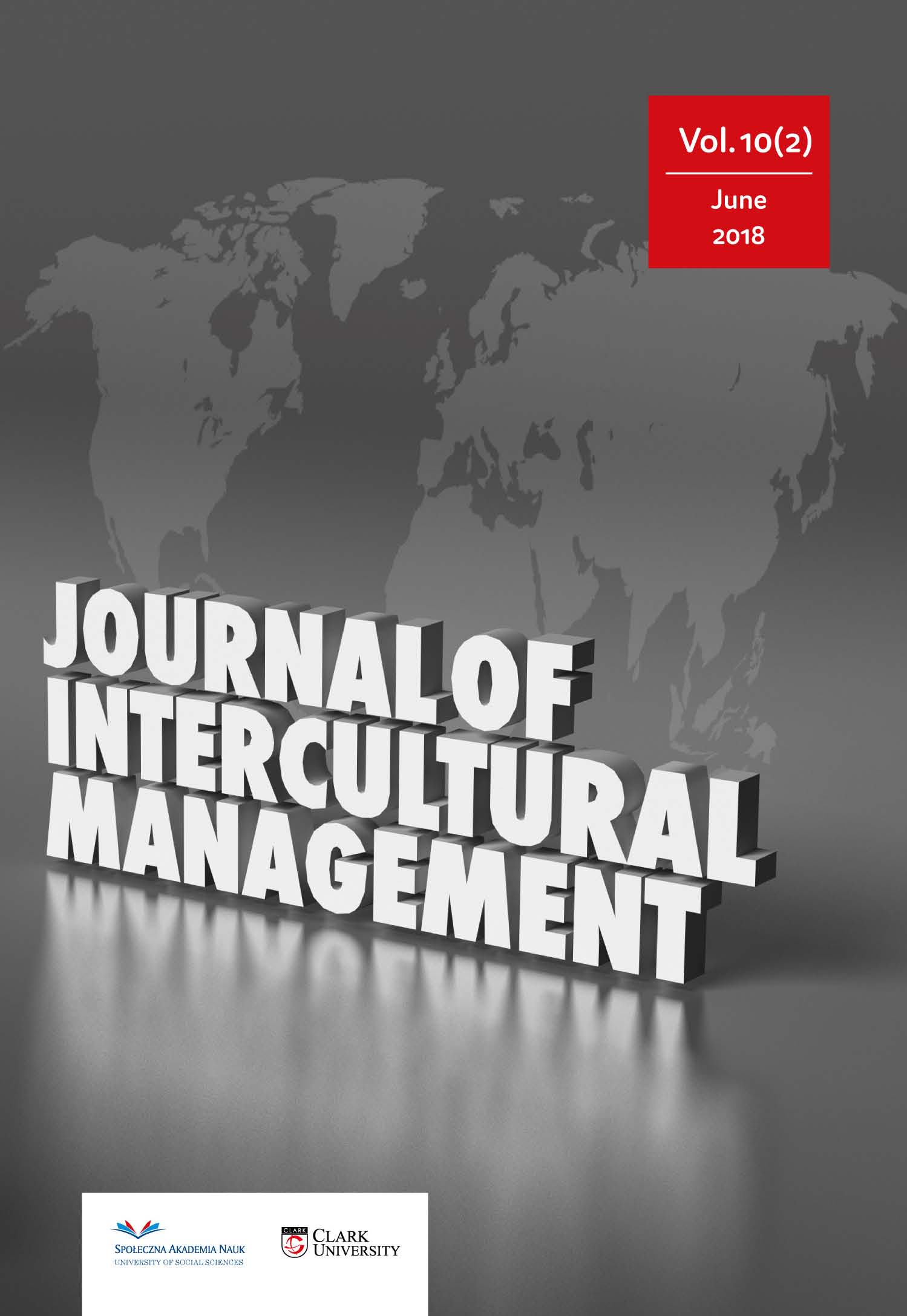Crowdfunding as a Form of Funding for Businesses in the Culturally-Changing Global Economy: A Literature Review
Crowdfunding as a Form of Funding for Businesses in the Culturally-Changing Global Economy: A Literature Review
Author(s): Maria Kukurba, Aneta WaszkiewiczSubject(s): Business Economy / Management
Published by: Społeczna Akademia Nauk
Keywords: crowdfunding; literature review; SME; banking sector
Summary/Abstract: Objective: The main purpose of the crowdfunding literature review was to find an answer to the following research questions: do scholars investigating related topics take into accountthe increasing importance of crowdfunding as a form of funding and resulting economic consequences for SMEs? Is the relevance of crowdfunding in reducing the funding gap taken into consideration? Do studies involve analyses of economic consequences associated with thedevelopment of crowdfunding for the banking sector? The research questions we have askedrefer to the existing state of knowledge about the extent of crowdfunding-related studiesunderway. The validity of the subject is due to the fact that crowdfunding is a new form ofraising capital in the Culturally-Changing Global Economy. Methodology: Once we analysed the literature review methodologies, we decided on a state-of-the-art analysis since this method allows to establish the facts for the research and subse-quently to propose a new perspective and new directions of research. Due to the necessity toselect the right texts on crowdfunding, selection criteria in terms of quantity and quality weredefined (scoping review). We reviewed the literature on crowdfunding published between 2010and 2018 using the following databases: Ebscohost, ProQuest, ScienceDirect, Web of Science,Scopus, and BazEkon.Findings: In literature on the subject, the significance of crowdfunding for businesses at earlystages of their growth is emphasized. However, there are very few publications directly aboutSMEs. Among the articles analyzed, the relevance of crowdfunding in reducing the fundinggap and financial exclusion has been emphasized. However, our search for articles aboutthe said phenomenon produced a very small number of such articles, which – consideringquite a large number of articles in total – clearly means that this topic is rarely discussedand studied. The aspects associated with the relationships between the banking sector andcrowdfunding are discussed in a majority of the articles under analysis, but there is still noempirical research in this area.Value Added: The literature review carried out allowed us to identify research gaps in suchimportant areas for crowdfunding as funding for the SME sector and relationships betweencrowdfunding and banking. As opposed to other similar research projects, we do not omit methodological constraints affecting the final results of studies and we suggest solutionsallowing for a more in-depth analysis of articles. Recommendations: A suggested further direction of research concerns the use of the theoryof enterprise funding sources in studies of the role of crowdfunding when compared to otherforms of fundraising (the theory of alternative and transactional costs) by SMEs. When planningfurther research, the following needs to be done: 1) To carry out comprehensive research, sinceall the studies carried out so far were only fragmentary. It particularly applies to relationships between SMEs, the banking sector, and crowdfunding. 2) To extend research according tocriteria that allow sources discarded in this research to compare findings.
Journal: Journal of Intercultural Management
- Issue Year: 10/2018
- Issue No: 2
- Page Range: 99-137
- Page Count: 39
- Language: English

